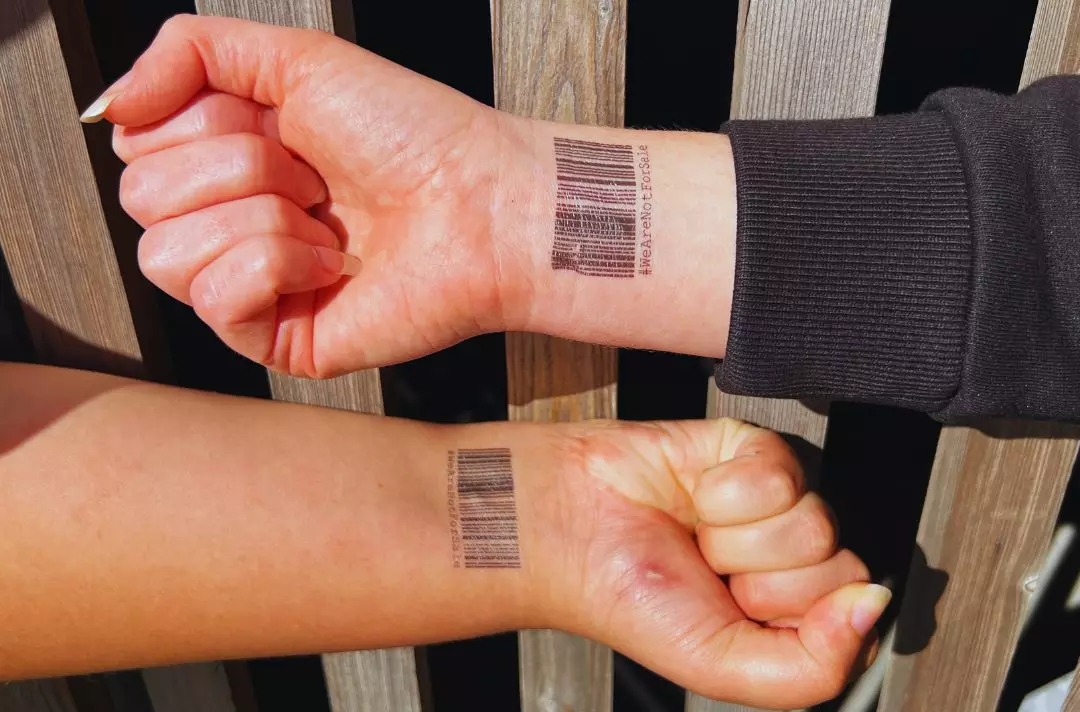5 October 2022
Mentoring survivors of modern slavery: ‘My faith empowers and teaches me’
Emily Bright

As part of War Cry’s special anti-slavery issue, Emily Bright finds out how mentors are helping modern slavery survivors to thrive.
After she was rescued, Querida, a modern slavery survivor, felt fearful of being out and about in her community. Then, through her support worker, she heard about a mentoring programme run by The Salvation Army’s anti-trafficking and modern slavery unit.
The programme supports adult survivors of modern slavery who are referred to it by professionals such as caseworkers and GPs.
Two volunteer mentors, who have undergone comprehensive training, are matched with each survivor to form a ‘mentoring trio’. The aim is to help survivors achieve their goals. Meeting for two hours every other week for a year, the mentors offer mentees practical advice, signposting them to specialist services where necessary.
Querida met with one of The Salvation Army’s mentoring co-ordinators, who explained the programme and put her at ease. Then, with the mentors, she explored what resources were available to support her and her son, and how to access community-based services and English classes. As time went on, she became more independent and improved her conversational English.
‘They helped me with practical things such as where to get clothes and addresses of places I could take my son,’ says Querida. ‘I liked meeting up at the café and talking with them. They didn’t push or pressure me. They were very good at listening. The more I met my mentors, the more confident I became. They helped me to believe in myself, because I believed in them. My biggest achievement is to become more confident in who I am now. I have changed a lot and I am far less afraid.’
Abi Pitt, a mentoring co-ordinator, explains: ‘The programme provides the space to work on goals that are important to our mentee, such as working towards a course they’re interested in, taking part in something they’re passionate about or socialising in their community.’
Fellow co-ordinator Clare Buckby, who oversaw the mentoring of Querida, says: ‘A big part of the programme has been building the mentees’ confidence in things like calling up about universal credit or querying bills.
‘Being part of a mentoring trio is also a good way to introduce people back into the community and make it less scary for them. The mentees find the confidence to get out into their community. We’ve seen some of them find English classes, get into college or join parent-and-toddler groups.’
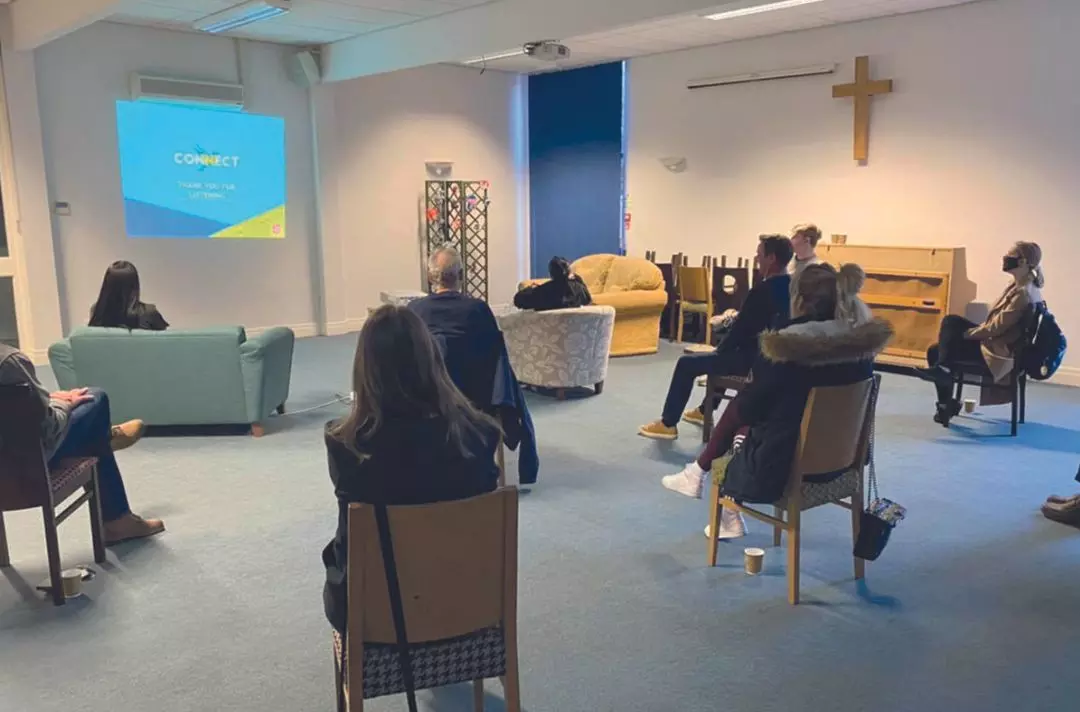
The mentors who empower the survivors are from a variety of backgrounds.
Clare says: ‘Recently a volunteer asked, “Am I too old to be a mentor?” And the answer was: “No.” We love the wisdom and life experience that somebody who’s older may bring. We also love students who are passionate about social justice and have got a bee in their bonnet about seeing the end of modern slavery. It’s a role that anybody can take on, no matter their walk of life.’
Before being matched with a survivor, the mentors receive training and support from The Salvation Army, as Abi explains: ‘We have a robust recruitment process, and run induction training, which is done over a number of sessions. We cover lots of topics, such as how to be sensitive to the trauma that people have been through, and we have further online training. There is also a lot of checking-in and debriefing to see how the mentoring’s going.’
Clare enjoys seeing the mentees – and their mentors – blossom. ‘I love being able to connect with them,’ she says, ‘and celebrate the successes that they have.’
Both Abi and Clare are proud of The Salvation Army’s tradition of caring for slavery survivors – a heritage that stretches back to the 1880s.
Abi says: ‘It’s amazing to be part of that and to be part of people’s journey into a sense of sustained freedom. As mentoring co-ordinators, we are championing those who champion the survivors. The mentoring programme is a space of support and growth.’
Both women are encouraged in their work by their Christian beliefs.
Abi says: ‘My faith empowers me to tackle injustice and focus on giving people basic freedom and dignity. It also teaches me about knowing the inherent value of people and championing, supporting and building them up.’
Clare shares Abi’s view on valuing each individual, taking her inspiration from Jesus.
‘He is the best example of loving everybody and wanting to treat people equally, no matter what their background is, no matter what they’ve been through,’ she says.
She adds: ‘Faith is about having hope. I am always hopeful that modern slavery is going to end. I’m hopeful that lives are going to be impacted and changed.’
- Querida’s name has been changed.
Written by

Emily Bright
Staff Writer, War Cry
Discover more
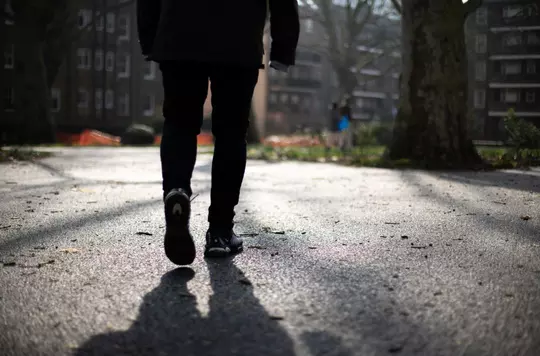
Ivan Radford explores the current challenges facing the Army’s Anti-Trafficking and Modern Slavery Unit.
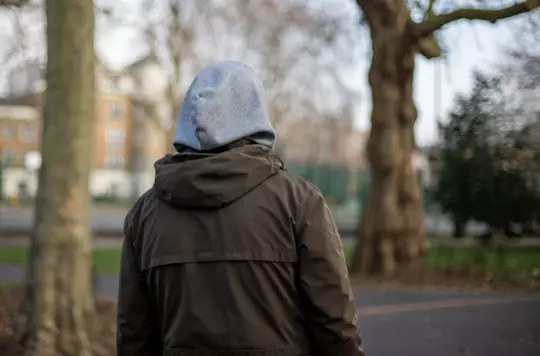
Captain Marion Rouffet highlights the biblical basis for the Army’s response to modern slavery.
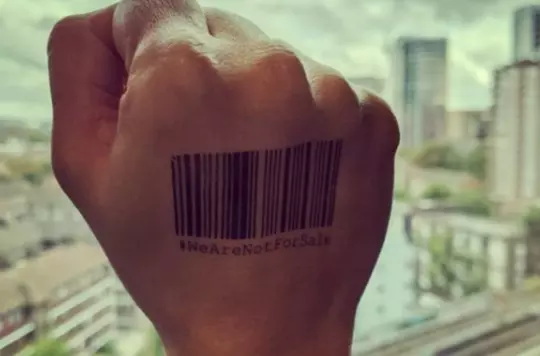
Our vision is to bring an end to slavery, fight for social justice and respond with compassionate care.
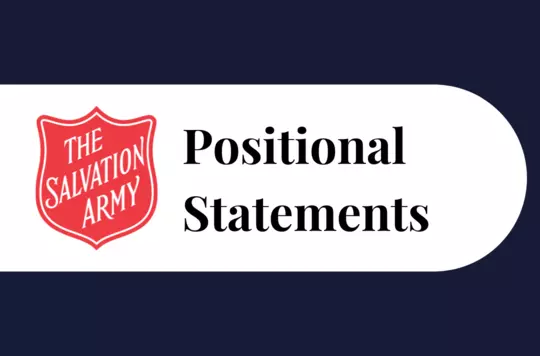
The Salvation Army's International Positional Statement on Modern Slavery and Human Trafficking.
